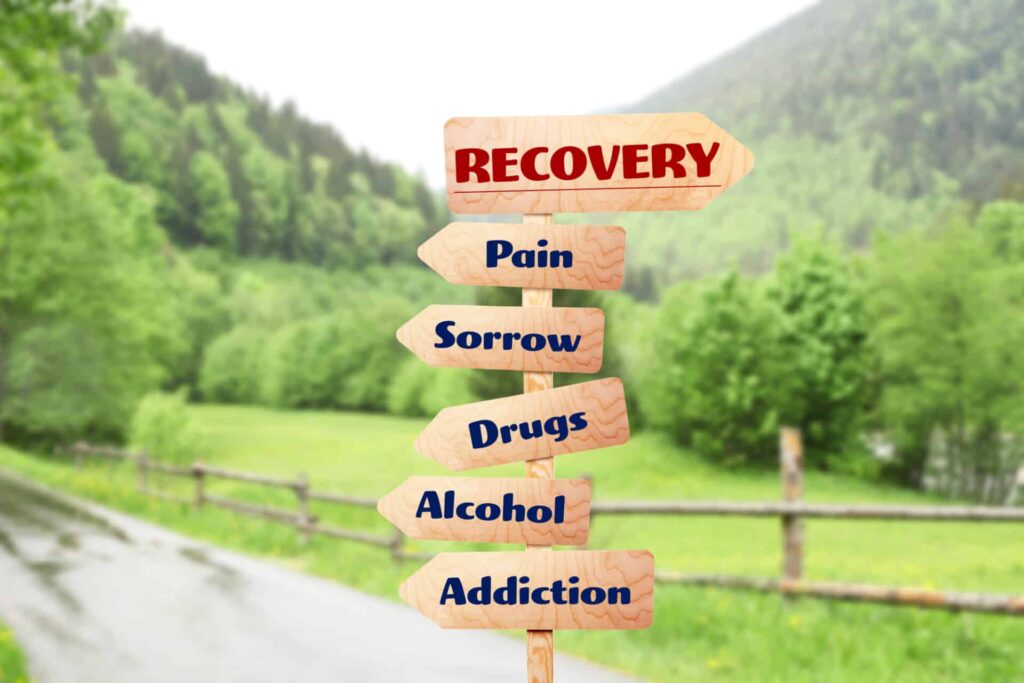Research-backed Cognitive Behavioral Therapy (CBT) is a key component of many therapy sessions.
Comprehensive Addiction Treatment Options: An Overview to Alcoholism Healing and the Function of CBT
In the realm of alcohol addiction recovery, the adoption of Cognitive Behavior Therapy (CBT) alongside typical detox and rehab methods has noted a considerable advancement in treatment standards. By equipping individuals with devices to improve maladaptive thoughts and reactions, CBT improves the efficiency of their recovery journey.
Checking Out the Range of Alcohol Addiction Treatments

The Science and Effectiveness of Cognitive Behavior Modification in Dependency Healing
Among the different therapeutic techniques for alcoholism recuperation, Cognitive Behavior modification (CBT) sticks out as a result of its well-documented efficiency. CBT operates on the principle that maladaptive actions and thoughts contribute to the upkeep of addiction. By reorganizing these ideas and promoting much healthier behavioral actions, CBT help individuals in taking care of triggers and minimizing regression rates. Research study sustains CBT's efficacy, showing considerable enhancements in coping strategies and a site link reduction basically use among individuals. This treatment is generally time-limited, entailing sessions that concentrate on particular skills like analytical or stress management, which are vital for lasting recovery. CBT's flexibility makes it ideal for a varied variety of people, better confirming its duty as a cornerstone in dependency therapy strategies (meth addiction treatment).
Integrating CBT With Other Recuperation Approaches for Ideal Results
While Cognitive Behavior Modification (CBT) verifies highly efficient in dealing with addiction, integrating it with various other restorative methods can boost treatment outcomes. Integrating CBT with pharmacotherapy, for example, addresses both psychological behaviors and physical requirements, offering an extra alternative method. Drugs can web link handle withdrawal symptoms and desires, enabling CBT to concentrate more intensively on coping approaches and behavioral modification. Furthermore, incorporating peer support teams with CBT urges sharing experiences and good understanding, which boosts psychological strength and healing commitment. Household treatment can likewise match CBT by boosting communication and fixing connections impacted by addiction. These integrative approaches not only strengthen the person's ability to avoid alcohol but additionally boost general mental wellness and well-being.

Conclusion
Finally, comprehensive dependency therapy for alcohol recovery includes a complex strategy that incorporates clinical, psychological, and all natural methods (Cognitive Behavioral Therapy (CBT)). Cognitive Behavior Modification (CBT) stands out as an important element, dramatically improving the effectiveness of recuperation by addressing harmful idea patterns and behaviors. By incorporating CBT with various other healing strategies, individuals he has a good point are provided a robust support group, boosting their chances of sustained healing and promoting general psychological durability within a supporting area environment